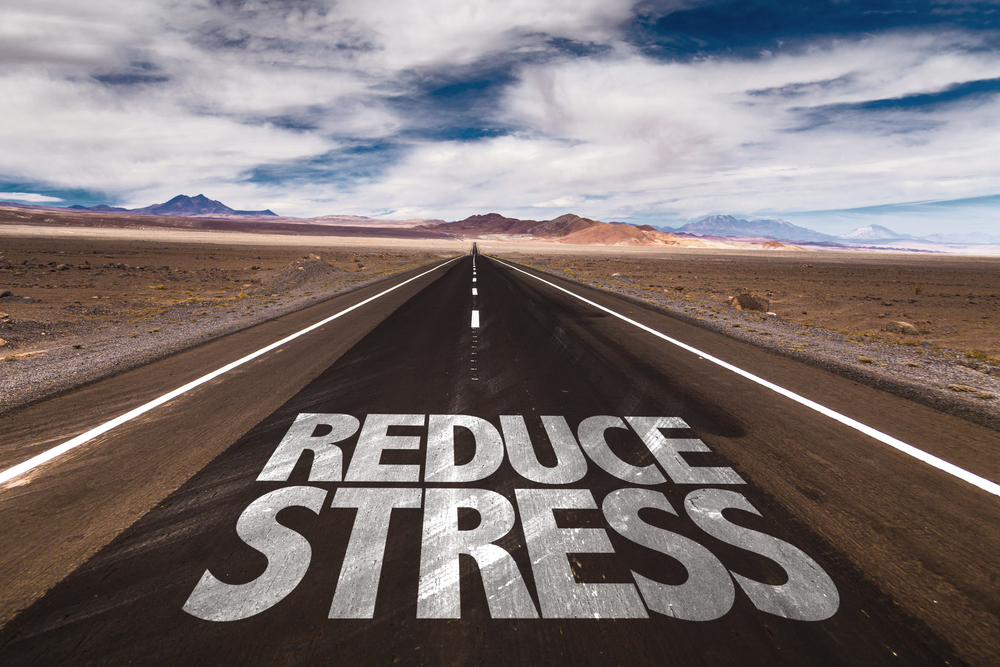How does stress affect the body?

Under the influence of stress, the body releases adrenaline, its temporary impulse gives the body a boost of energy to act. The positive aspect is the short-term improvement in concentration and memory. In a long run, stress causes more damage to the body than profits. How does stress affect the body?
This is due to cortisol, this is the stress hormone. When its level stays high over a long period, it leads to many negative effects on our body.

-
Stress stimulates the cardiovascular system
How does stress affect the body? Increased heartbeat, palpitations in the chest, increased blood pressure, heart disease can even lead to a stroke or a myocardial infarction.
-
Stress disrupts the natural sleep cycle
Problems with falling asleep, waking up at night, restless sleep causes that as a result you cannot properly rest and regenerate during sleep.

-
Stress can cause hair loss and weakness
When we produce cortisol, the body uses large amounts of B vitamins up. We need B vitamins and especially vitamin B12 for hair growth and nourishment as well as oxygenation of the hair roots. We use this vitamin to protect the body against high levels of cortisol, reducing its negative side effects.
-
Skin deprived of firmness as a result of chronic stress
The skin becomes less elastic due to the loss of collagen, which breaks down as a result of stress. This way we stop the production of new collagen.

-
Chronic stress negatively affects the state of mind
With constant irritation, nervousness, pessimism, lack of joy in life, we do not see any benefits or positive aspects of our life. Our brain shifts and in various life situations it only sees black colours and insoluble problems. Stress can lead to depression and anxiety disorders.
-
Stress negatively affects the digestive system
A cramped stomach does not digest properly, it disturb the process of absorbing valuable nutrients and worsens the body’s immunity. We often eat our sorrows, because we have an irresistible need to reach for something sweet. It is because of norepinephrine. Its release causes the consumption of glucose storage, which ensures a quick response to a stress stimulus. Consequently, you need to replenish its level and stimule your appetite. Stress results in abdominal obesity, stomach ulcers, constipation or diarrhoea.

-
Long-term stress leads to weakening of the body and a decline in physical condition
As a result of prolonged stress and stimulation of the body by cortisol, general weakness and a decreased immunity appear over time. As a result, other autoimmune diseases can worsen, such as diabetes, Hashimoto’s, Graves’ and others. An exhausted body is prone to infections, and the constant tension can cause severe crushing headaches and migraines.
-
Increased risk of developing skin diseases caused by chronic stress
The weakened immune system due to chronic stress is unable to cope with the wound healing process and the risk of the appearance or recurrence of psoriasis, alopecia, acne, vitiligo, urticaria or atopic dermatitis increases. Of course, not everyone experiences these problems, but in people with genetic factor, stress can be a trigger for the recurrence of skin diseases.
-
Stress affects respiratory disorders
Adrenaline forces our body to act, it can be said that it is a sort of a primal instinct of our body that tells us to run away from danger. The state of such stimulation may contribute to respiratory disorders, hyperventilation and in people with asthma, it can trigger attacks of dyspnoea.
-
Muscle tension as a result of stress
Muscle pain does not have to be caused by intense exercise but it can have a nervous background and appear as a result of intense tension. In difficult, stressful moments, the body tenses up and gets ready to act. The neck and shoulders stiffen, and the cervical and lumbar sections are overloaded, resulting in severe pain.
See also: Home spa

How does stress affect the body? The list goes on and on, stress has a real impact on our health, mental and physical condition. The first piece of advice is usually to reduce or eliminate stressors. Unfortunately, no one can do it one hundred per cent or predict a stressful event that may happen to them. You can reach for supplements and provide the missing vitamins needed to fight the negative effects of stress, but this will not solve the problem. It is worth finding ways to deal with stress and release the accumulated tension. It is not worth waiting for stress to make huge changes in our body, changes must be introduced today and we should alter our attitude to problems and approach them with calm.
